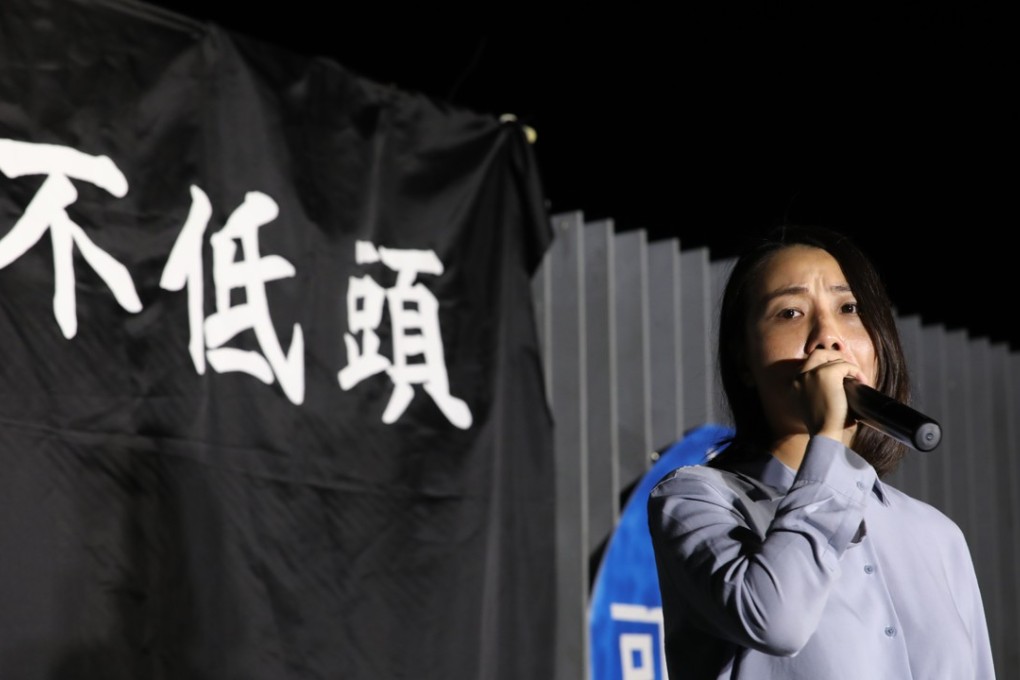Disqualification of candidates must be able to stand legal test
The disqualification of Lau Siu-lai’s candidacy in the Legislative Council by-election has raised questions about whether a person is to be barred from standing for elected office for life because of unacceptable political beliefs he or she once held

From outlawing a pro-independence party under the Societies Ordinance to ousting lawmakers not taking their oaths of office properly to uphold the Basic Law, the Hong Kong government is increasingly determined to prevent anyone from crossing the red line of sovereignty and national security laid down by President Xi Jinping. While the disqualification of Lau Siu-lai’s candidacy for the Legislative Council by-election is not unexpected, it raises valid questions and may well be challenged in the city’s courts again. It is important that such moves be able to withstand the legal test.
Lau is the ninth aspirant to be barred from running for a Legco seat since 2016. What sets her case apart is that she has adjusted her stance following her disqualification from Legco and those of five other pro-democracy lawmakers over the oath-taking saga. Rejecting Lau’s bid to again contest the seat she lost in Kowloon West, returning officer Franco Kwok Wai-fun said he was unconvinced that Lau had genuinely ditched “self-determination”– a position deemed as tantamount to splitting Hong Kong from China.
The decision has raised questions about whether a person is to be barred from standing for elected office for life because of unacceptable political beliefs he or she once held. Chief Executive Carrie Lam Cheng Yuet-ngor made clear that those who advocated independence or self-determination could not become lawmakers. When asked about whether one can become politically acceptable again, she said that might involve a process, such as after joining the government. If this is the only way for rehabilitation, there appears to be a slim chance for many prominent young localists to contest future elections. This may further alienate the government from the younger generation.
In a similar case concerning the candidature of Andy Chan Ho-tin in 2016, the High Court ruled that election officials could ban candidates because of their political views, but only when presented with “cogent, clear and compelling” evidence they were not genuine in making their declaration on upholding the Basic Law. Even then, such a decision should not be made until the candidate has been given a reasonable chance to respond to any evidence the returning officer is relying on. Lau said she had not been given a chance to explain herself, but a top government official said it was up to the returning officer to determine whether he needed clarification from the aspirant before making a decision.
At stake is not just the Legco balance of power, but also the electoral system’s integrity. Although there is still a long way to go before democracy can be fully developed, the city’s geographically contested polls were generally seen as fair until recently, when more political hurdles were introduced. Any electoral rules must not just be seen as clear and justified, but also be able to stand the legal test.